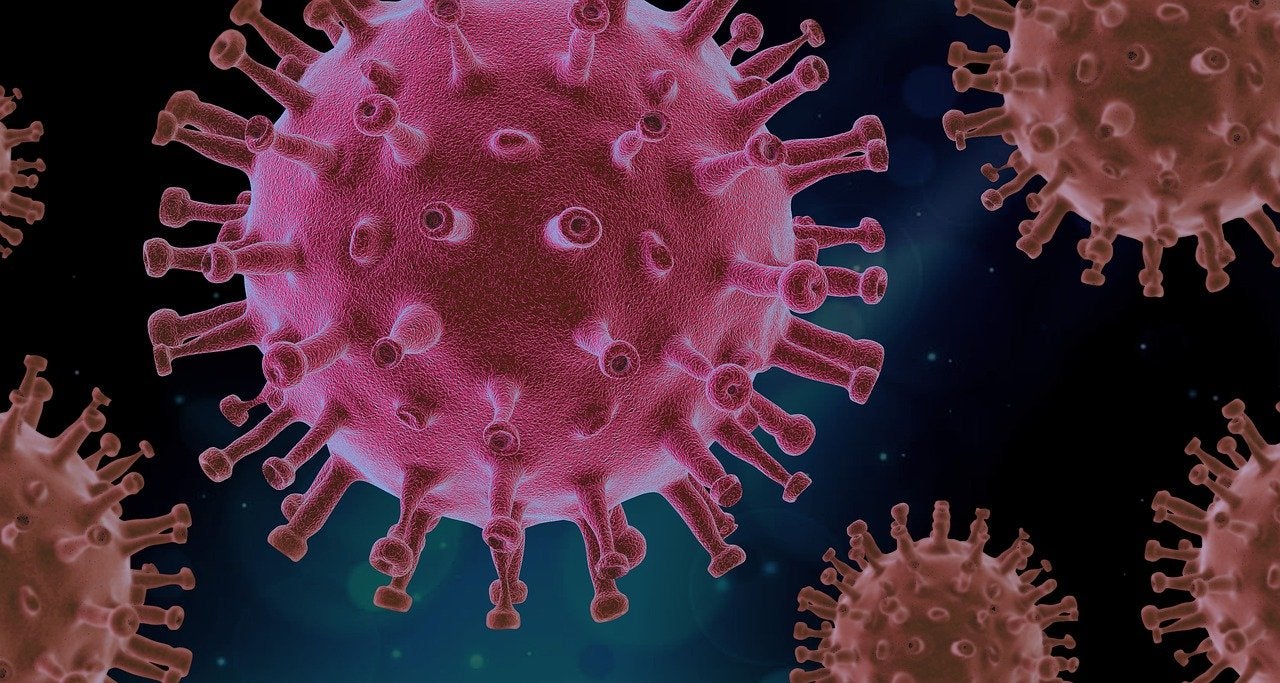
Biopharma firm Reven has reported positive results from a Phase I trial analysing the clinical safety and preclinical efficacy of its Covid-19 drug candidate, Rejuveinix (RJX).
Rejuveinix is an intravenous formulation that contains a specific mixture of anti-oxidant and anti-inflammatory ingredients.

Discover B2B Marketing That Performs
Combine business intelligence and editorial excellence to reach engaged professionals across 36 leading media platforms.
The drug, which is currently in the Phase II study, is being developed to treat patients with inflammatory disorders.
The double-blind, placebo-controlled, randomised, two-part, ascending dose-escalation trial enrolled 76 healthy participants.
Data showed that Rejuveinix demonstrated a very favourable clinical safety profile and tolerability.
Reven chief medical officer and chief scientific officer Fatih Uckun said: “Since RJX is a potent anti-oxidant and anti-inflammatory agent that has been shown to reduce the tissue-level oxidative stress in multiple organs in animal models of severe systemic inflammation, shock, cytokine storm, and multiorgan failure, we are hopeful that it will contribute to the prevention of progression of Covid-19 and its faster resolution in high-risk patients.”

US Tariffs are shifting - will you react or anticipate?
Don’t let policy changes catch you off guard. Stay proactive with real-time data and expert analysis.
By GlobalDataAnimal model experiments of sepsis, cytokine storm, ARDS and multiorgan failure showed that the drug candidate can both prevent and reverse acute lung and liver injury associated with sepsis and cytokine storm.
Rejuveinix has also shown to improve the survival outcome at a dose level over ten times lower than its maximum tolerated and safe dose in humans.
Moreover, the drug aided in preventing the progression of severe systemic inflammation that can lead to death, as well as cause reversal of already established and otherwise invariably fatal systemic inflammation.
Last month, the US Food and Drug Administration (FDA) granted investigational new drug (IND) status for Rejuveinix as a potential treatment for Covid-19 patients.
The drug will be analysed for its efficacy and safety in 249 hospitalised patients, with data from the trial expected by the second quarter of next year.





